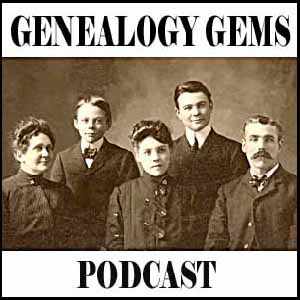Blog

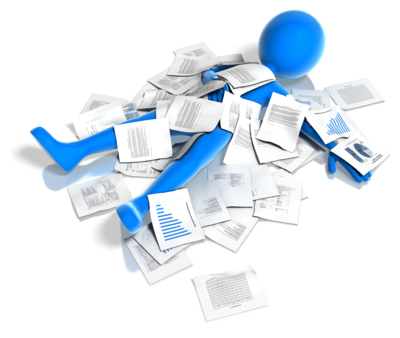
What to Keep When Cleaning Out a Relative’s Home
 Recently, Genealogy Gems podcast listener Debra Ingrum Trammel wrote to me with this question about cleaning out a relative’s home. Does it sound familiar?
Recently, Genealogy Gems podcast listener Debra Ingrum Trammel wrote to me with this question about cleaning out a relative’s home. Does it sound familiar?
“Hi Lisa, My husband is faced with the daunting task of disposing of his parent’s belongings. His parents at age 92 and 86 have things that go way back!!
We live in Tennessee and his parents lived in Texas so that in itself is a real chore to have to make numerous trips back and forth. My husband is so eager to get all of this finished but I am concerned that he will overlook or not be aware of any items that should be kept for his family history.
I continue to work on researching his side of the family. I know that we should keep certain documents: birth certificates, marriage licenses, definitely old photographs, etc. but I fear that there are items that I might not think about as being important. Might you offer some suggestions for us?
Here’s my answer:
Debra, I sympathize with your concern about overlooking things. When my Grandpa died I was pregnant with my last child and unable to go back and help clear out the house in another state. I worried too about things being tossed without folks realizing they were important.
One area to keep an eye out for is bills & receipts – a lot of folks (like my Grandmother) kept receipts from way back. While on the surface they seemed prime to toss, I actually retraced their steps and homes through the 1940s and 1950s based on the addresses written on the receipts!
 Paperwork is often the area we itch to toss, but old envelopes and letters from other people writing to our relatives can provide many clues.
Paperwork is often the area we itch to toss, but old envelopes and letters from other people writing to our relatives can provide many clues.
I also carefully go through all old books before giving them away because more than once a special tidbit has been tucked inside the pages. If you don’t plan on keeping the book, or don’t want to keep the item in the book, be sure to make note of which pages it was nestled in between. There could be a special meaning there. If everyone involved is in a big hurry to finish the clean up and you don’t have the luxury of time to go through the pages of the books, at least give give them a gentle shake over a table allowing anything tucked inside to fall out.
In Genealogy Gems Podcast episode 39 I tell the story of one of the most significant finds in my family that almost got tossed out. But Grandmother was tapping me on the shoulder, prodding me to look further before wrapping things up – and boy am I glad that I did! If folks in your family think you are being too persnickety about not over looking things, play that segment of the show for them, or tell them the story.
These are just a few ideas to get you started. I invite all of you readers out there to share your unusual finds and recommendations for Debra on the Genealogy Gems Facebook page. (And don’t forget to “Like” us!)
Wishing you family history success, and many thanks for writing! Lisa
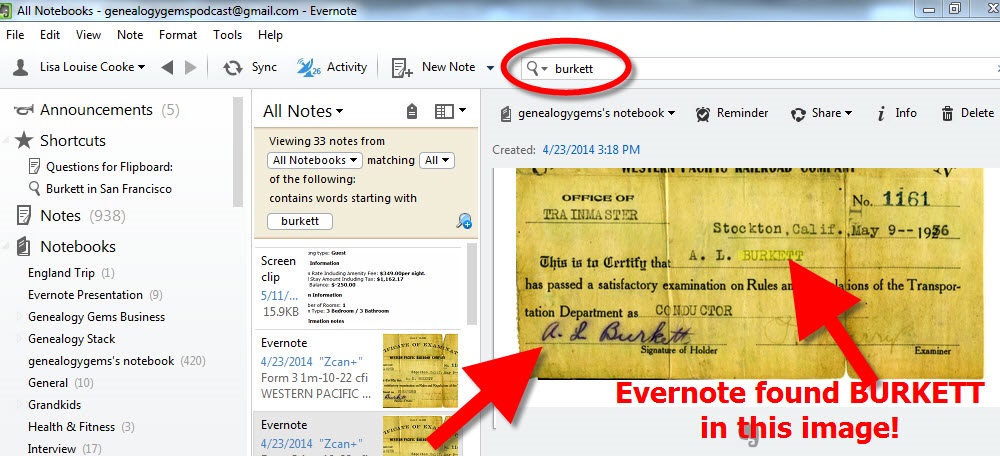
Using Evernote for Genealogy: You are One of Evernote’s 100 Million Users!
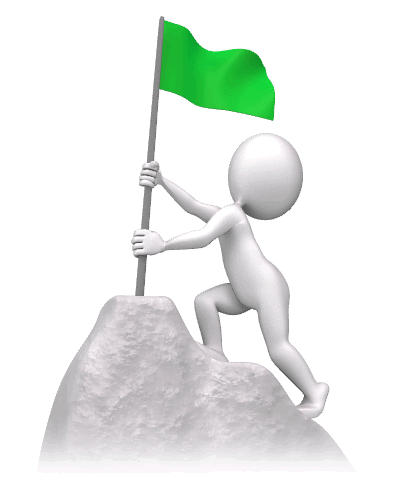 Are you using Evernote for Genealogy? You’re not alone! The company announced recently that over 100 MILLION people now use Evernote to keep track of what they know and how they know it.
Are you using Evernote for Genealogy? You’re not alone! The company announced recently that over 100 MILLION people now use Evernote to keep track of what they know and how they know it.
“When we launched the Evernote service in 2008,…there were many note takers and productivity tools around at the time but they all felt out of date; they were becoming less and less relevant to people’s lives,” explains a company press release. “We set out to redefine the meaning of productivity for modern busy people. We want Evernote to become your workspace; the place where you do all of the everyday things that keep your life moving forward.”
Evernote has sure taken the genealogy community by storm. I attend conferences around the world and it seems every single one has at least one class devoted to using Evernote for genealogy!
3 Reasons Why Evernote is Ideal for Genealogy Research:
1. You can store your research information with the source citation and any additional notes you take about the item. It’s easy to transfer online finds into Evernote and easy to copy them into your family history writing projects or websites.
2. You can sort and retrieve data easily: When I search “Burkett” Evernote instantly and thoroughly sifts all of my notes. It locates all 33 of my notes where the surname BURKETT appears in a note, even when the name appears in an image such as this scan of my Grandfather’s Railroad examination certificate from 1936. That is thanks to the fact that Evernote applies Optical Character Recognition (OCR) to all images in your notes!
3. Your desktop version syncs with whatever you do through the Evernote app. With Evernote on your mobile device, you have constant access to your genealogy research, photos and more. Think how easy that makes your next trip to an archive or family reunion!
And here’s a tip for all of you iPhone and iPad users:
Stop searching for the Evernote app on your mobile devices desktop. Just press and hold the Home button and tell Siri “Open Evernote App!”
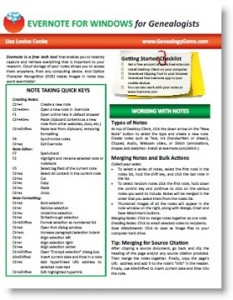 Free Download: If you haven’t tried the FREE version of Evernote note-taking and data-organization software yet, download it here.
Free Download: If you haven’t tried the FREE version of Evernote note-taking and data-organization software yet, download it here.
Then cut your learning curve and start using Evernote effectively RIGHT AWAY by purchasing our Evernote for Genealogists guide! The guide is available as a digital download or laminated print format, for the Mac or PC.
More Free Resources:
How to Get Started in Evernote, and the Ultimate Evernote Education
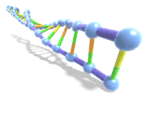
What Mitochondrial DNA and a King have to do with You
Michael Ibsen, a cabinet maker living in London, was recently awarded the title of “royal descendant” when researchers identified him as a direct maternal descendant of Ann of York. Why did this lucky man have an unsolicited team of researchers filling in 17 generations of his genealogy?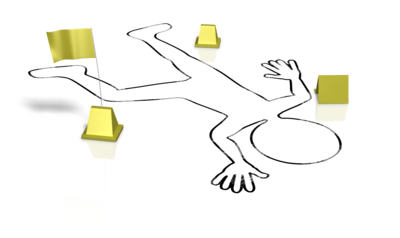
They were trying to identify a body.
A body discovered under a parking lot in Leichester, England.
According to an article in the Mail Online, thanks to the mitochondrial DNA (mtDNA) of Ibsen, that body has been identified as Richard the III. Researchers needed Ibsen because his mtDNA is EXACTLY the same as his 17th great grandmother, Ann of York. Because mothers pass their mtDNA to all of their children, and only the daughters pass it on to the next generation, Ann had exactly the same mtDNA as her brother, Richard.
With the positive identification in hand, researchers are now prepared to undertake a £100,000 project to discover the combination of letters in a four-digit code that makes up the genetic book that is (or was) Richard III. This process is called full genome sequencing. They are also planning to sequence Mr. Ibsen’s genome to see what shared segments may still remain.
What does this project have to do with you?
 So what does this project have to do with you the genealogist who doesn’t have a team of researchers hammering out your 17th generation grandparents?
So what does this project have to do with you the genealogist who doesn’t have a team of researchers hammering out your 17th generation grandparents?
First, it is a win for genetic genealogy as mtDNA was used to unequivocally link past and future generations. Each story like this serves to increase buy soma medication online awareness for genetic genealogy, which means more people get tested, which means databases grow larger, which means you will find more matches, which means you will have more genealogical success. Plus, the comparison of the ancient Richard the III genome with the modern genome of Mr. Ibsen will be the first of its kind to try to identify shared segments of DNA after so many generations.
In a recent interview Michael Ibsen said, “I almost hope somewhere along the line they dig up some more people so others can be ancestors and descendants in the same sort of way. It is going to be an extraordinary experience.”
Someone needs to introduce Mr. Ibsen to genetic genealogy as that is EXACTLY what genetic genealogy is all about-but minus the digging up the bones part! Genetic genealogy is all about using the DNA of living people to reconstruct the DNA of your ancestors. It is about making connections among modern day genealogists that can help them answer questions about their relatives.
While a full genome sequence is not a practical genealogical tool for most genealogists, there are other kids of DNA tests that could help you answer genealogical questions.
You can find more information about a few famous people and their DNA here.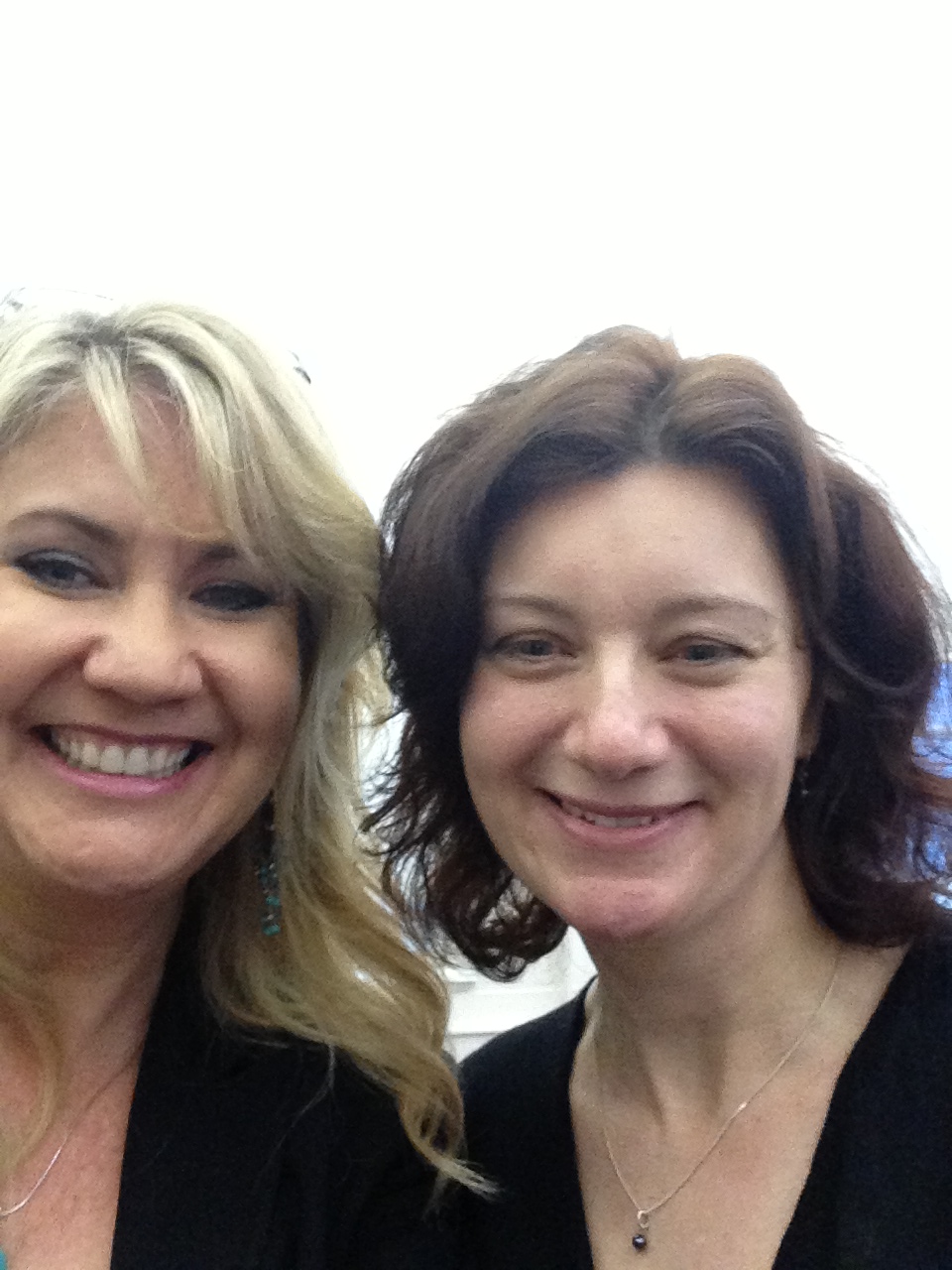
And learn even more by reading MNT’s article 3D model provides new insight into King Richard III’s spinal condition.
And don’t miss Lisa’s interview with Dr. Turi King who ran the DNA testing on King Richard III. Listen to Genealogy Gems Podcast episode 152 now.

